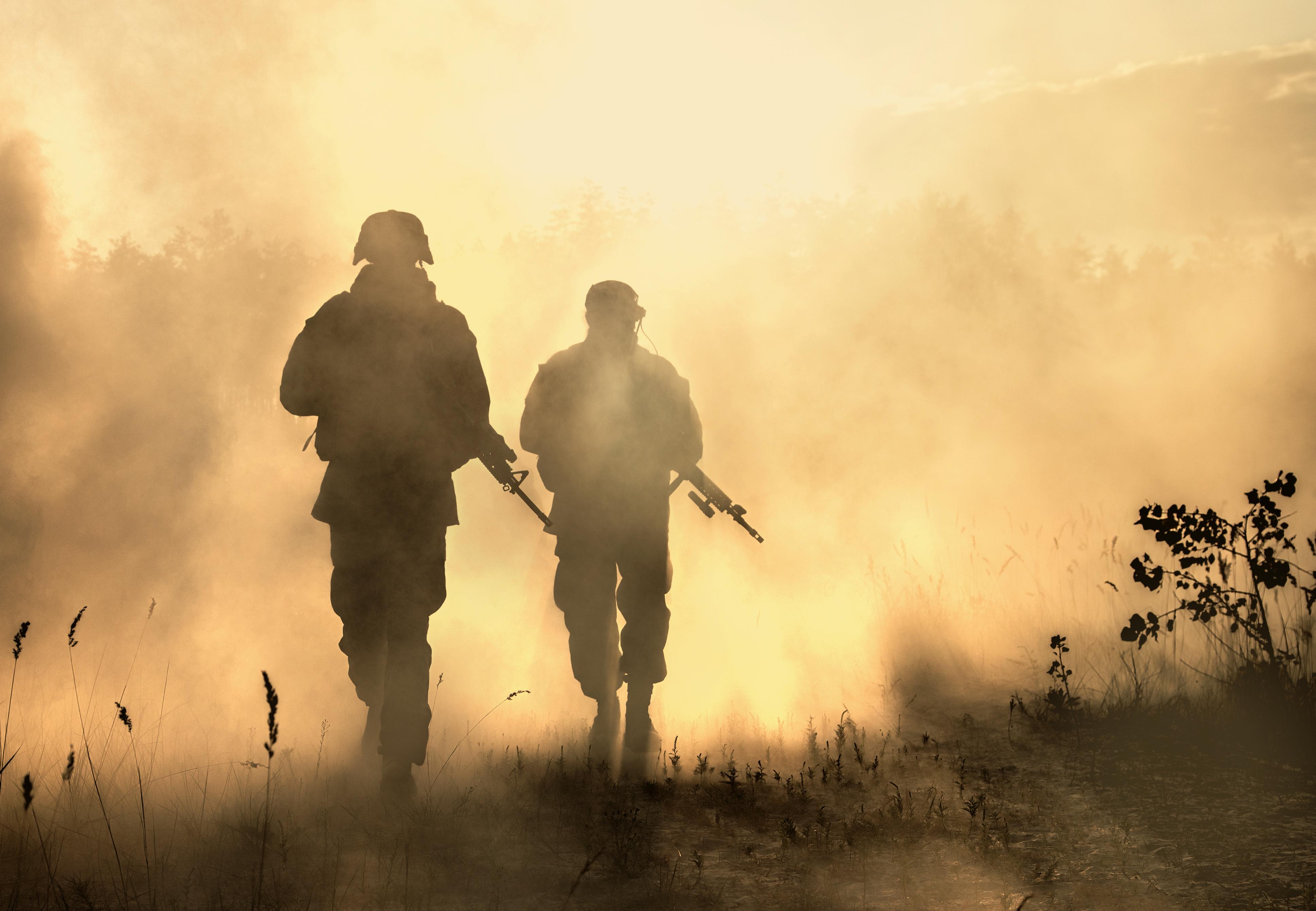The Asser Institute Doctoral Seminar Series on International Arms Control Law invites you to the public lecture 'How does the Ukraine conflict impact upon conventional arms control in Europe' offered by Colonel (ret) Wolfgang Richter (Stiftung Wissenschaft und Politik (SWP) and German Institute for International and Security Affairs) to be held on the 16th of June at 18:15 in person in The Hague.
Background
The lecture is being offered as part of the Asser Institute Doctoral Seminar Series on International Arms Control Law that will provide a select number of doctoral and postdoctoral researchers with insights into the current and future issues raised by International Arms Control Law with perspectives from international law and related disciplines.
Public lecture: How does the Ukraine conflict impact upon conventional arms control in Europe
The Russian aggression against Ukraine violates fundamental principles of International Law and the agreed European security order. Arms control agreements, which belonged to mutual security assurances agreed in the 1990s, seem to have collapsed as well with little prospect to be revived in the near future given the profound lack of trust between Moscow and the West. However, a closer look at the fate of conventional arms control in Europe shows that aspirations to adapt it to the changing geopolitical landscape in line with the NATO-Russia Founding Act of 1997 have failed already two decades ago although several attempts were made to revitalize European arms control. Such shortfalls have contributed to the mounting distrust between Russia and NATO and given rise to new threat perceptions and unchecked military activities.
At the dawn of a new era, there seems to be little prospect for any new agreements. As long as the future of Ukraine is unclear, the outlines of a future pan-European security order will not appear. However, a long-term military confrontation between Russia and the West along a fortified contact line seems unavoidable, which will carry high risks of military incidents, miscalculations, and further escalation. Therefore, stabilizing measures such as direct military-to-military communication, incident prevention, transparency, and restrictions of military movements will be needed even more urgently to prevent the worst. This will require new talks and security arrangements once the fog of war has cleared.
About the speaker
Colonel (ret) Wolfgang Richter is a senior associate at the Stiftung Wissenschaft und Politik (SWP) / German Institute for International and Security Affairs (since 2010). His research covers European security arrangements with the role of the OSCE and NATO-Russia relations, as well as conventional and nuclear arms control.
In his military career as a general staff officer of the German Federal Armed Forces he dealt with strategic planning, defence concepts, force structures, and arms control. He served in various command and general staff functions, inter alia, as German delegate to the negotiations in Vienna on the Treaty on Conventional Forces in Europe (CFE) (1989), head of the conventional arms control division of the Bundeswehr Verification Centre (1999-2004) and senior military advisor to the Permanent Representations of Germany to the Conference on Disarmament in Geneva, the UN Disarmament fora in New York (1995-1999) and the OSCE (2005-2009).
Coordinators
Thilo Marauhn

Thilo Marauhn is a researcher in the research strand 'Regulation in the public interest: Disruptive technologies in peace and security.' Since 2016 Thilo has been Head of the Research Group on International Law at the Peace Research Institute Frankfurt (PRIF), Member of the Leibniz Association. PRIF is one of the leading peace research institutes in Europe. Since 2017 he has been President of the International Humanitarian Fact-Finding Commission. Marauhn combines his endowed professorship in Arms Control Law with his work as Professor of Public Law and International Law at the Justus-Liebig Universität Giessen and at the Peace Research Institute Frankfurt in Germany.
Thea Coventry
Thea Coventry also forms part of the ‘Regulation in the public interest: disruptive technologies in peace and security’ strand of research. Thea is completing her PhD (Leiden University) investigating the role of accidental and strategic textual ambiguity in the progressive development and codification of legal rules in the field of State criminal jurisdiction. Her research interests include international arms control law, maritime security, and transnational criminal law.
